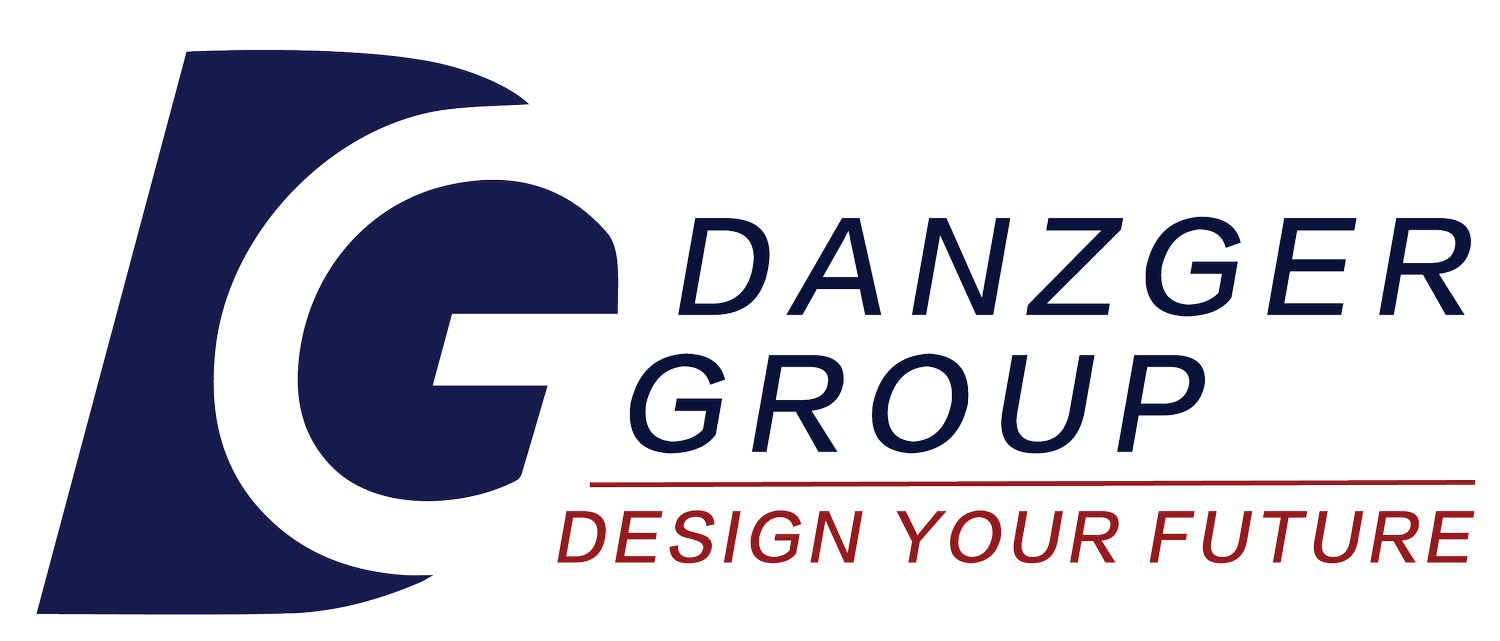WCT #96: 56% of my new career coaching clients share this surprising characteristic
Two Minute Read
If you're not yet subscribed, click here or the subscribe button below and get concrete, actionable tips and insights every month to help you land great jobs and level up your career game.
It’s counterintuitive, but over the last year, 56% of the experienced people who came to me for career services were already employed.
One would think that the overwhelming majority of people who seek out a career coach would be people in transition. But the truth is, professionals are increasingly recognizing the value of career help when they’re currently working. They may be dissatisfied with aspects of their current situation—whether it's their boss, the culture, a stalled career trajectory, or relentless pressure—and they’re choosing to act before crisis forces their hand.
Here’s why it makes sense to invest in your career, even when you have a steady paycheck.
1. You never know when fortunes could change for your company. Job security is never as solid as it feels. An unexpected merger, a shift in market demand, or an economic downturn can throw even the most stable-seeming career off course. I’ve worked with high performers who were blindsided by layoffs they thought could never happen to them. Career coaching while you’re employed isn’t just a luxury—it’s a form of risk management. It helps you build a broader professional identity, shore up your personal brand, and prepare for pivots before you're forced into them. By working on your resume, network, and direction now, you’re ready for opportunity—or emergency—before the clock starts ticking.
2. There could be management changes that work against you. Leadership transitions can completely shift the dynamics of your role. A supportive manager today could be replaced by someone with a different agenda tomorrow. When a new leader arrives, priorities shift, performance expectations are reevaluated, and political capital is reset. Employees often find themselves having to re-earn trust or justify their value from scratch. Career coaching helps you stay proactive rather than reactive. You can prepare for these shifts by improving your visibility, aligning with evolving goals, and advocating for your career, even during times of change. It’s not about paranoia—it’s about strategy. If your environment changes overnight, you won’t be caught flat-footed.
3. You’re up against a wall in professional growth. Hitting a plateau can feel like being stuck in cement. The title stays the same, the compensation flattens, and the work loses its edge. Maybe you’re respected, even valued—but you’re no longer growing. That’s the most dangerous place for a career: not bad enough to leave, but not inspiring enough to thrive. Working with a coach during this phase helps you reconnect with your aspirations, identify hidden opportunities, and explore new directions, without necessarily needing to quit. Often, people discover they’ve been waiting for permission that will never come. Coaching gives you the tools to move beyond the ceiling, even if it means redefining the room you’re in.
4. You’re considering a career change, but don’t know where to start.
Many professionals think about changing careers but freeze at the idea of starting over. That fear can lead to years of internal debate and stagnation. Career help gives you structured support to explore new paths without making reckless moves. You can assess your transferable skills, test ideas, and build a roadmap that honors both your ambition and your current obligations. If you’re working while contemplating change, you’re in a powerful position—you have income, access to resources, and time to explore thoughtfully. Coaching turns vague dissatisfaction into a clear plan and helps you shift from “what if” to “what’s next.”
5. You're constantly overwhelmed, and career progress is taking a back seat.
In many corporate environments, being perpetually busy is worn like a badge of honor. But behind the scenes, it often means there’s no bandwidth to think long-term. When you’re always reacting, it’s nearly impossible to reflect. Career help provides a pause button—a way to zoom out from the chaos and prioritize yourself. You may discover that some of the overwhelm is self-imposed through boundary issues or outdated narratives about success. A coach can help you reclaim time and focus so that you can work on your career, not just in it. Otherwise, you might look up in five years and wonder where your ambitions went.
The Bottom Line
Career development isn’t a fire drill—it’s a continuous process of aligning your work with your goals, values, and strengths. Getting help while you're employed isn’t about being ungrateful or disloyal; it’s about treating your career like the long-term investment it is. You don’t wait to build an emergency fund when you’ve lost your job—you build it when things are stable. The same goes for your career.
What often gets overlooked is this: engaging with a career coach while working can unlock insights you can’t access when you’re in panic mode. You're calmer, clearer, and more resourced. That’s when the most strategic work happens. You're not just trying to fix a problem—you’re actively designing a better future.
I help people land amazing jobs fast and manage their career journeys through coaching and advising. I also transform resumes and LinkedIn profiles to attract more interviews and offers. Learn more about my career coaching and contact me or request a free 15-minute Career Solutions Call.

